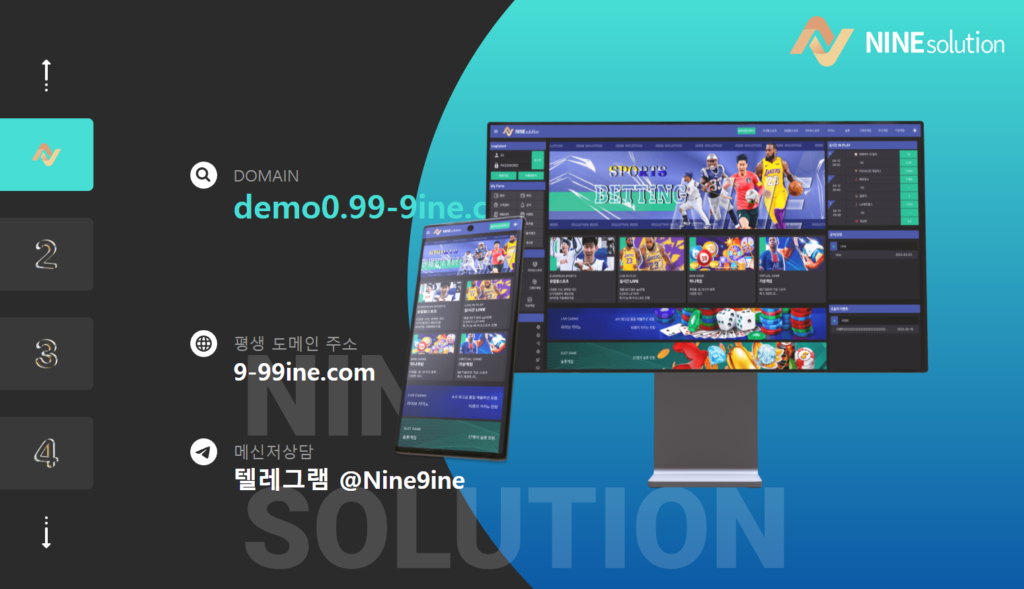The gaming industry has experienced significant growth over the last few decades, with gaming now being one of the most popular pastimes across the globe. From mobile games to console and PC gaming, the landscape is continuously shifting, offering new experiences and features to keep players engaged. Today’s gamers demand much more than just simple gameplay, and developers have responded with an array of unique features designed to meet those demands. In this article, we’ll look at some of the key features that make games stand out for modern gamers worldwide.
Immersive Graphics and Realistic Visuals
One of the most obvious ways that modern games stand out is through the advancements in graphics. High-definition graphics, 3D environments, and ultra-realistic visual effects have transformed how players interact with games. Whether it’s the stunning landscapes in open-world games or the minute details in character models, visuals now play a major role in the overall gaming experience.
The development of ray tracing technology has taken graphical fidelity to new heights, creating realistic lighting effects, shadows, and reflections that elevate the immersion. As technology advances, players can expect even more stunning visuals that blur the line between reality and the game world.
Open-World Gameplay
One of the most beloved features in modern gaming is the open-world structure, which allows players to explore vast, interconnected game worlds. Unlike linear games that guide players from one level to the next, open-world games offer freedom and flexibility, giving gamers the opportunity to venture off the beaten path, complete side missions, and shape their own adventure.
Games like The Legend of Zelda: Breath of the Wild, Grand Theft Auto V, and Red Dead Redemption 2 are prime examples of this feature. The vast environments are filled with activities, NPCs (non-playable characters), and stories waiting to be uncovered. This open-ended approach creates a dynamic experience where no two players have the same adventure.
Multiplayer and Online Connectivity
Multiplayer gaming has grown exponentially in the past decade, with online connectivity making it easier than ever for players to connect with others across the globe. Whether it’s playing with friends or competing against opponents worldwide, online multiplayer has become a cornerstone of modern gaming.
Competitive online games like Fortnite, Call of Duty, and League of Legends provide players with the opportunity to test their skills against others in real-time. The rise of esports has also brought professional gaming into the mainstream, with large-scale tournaments and live streams attracting millions of viewers. The ability to engage with other players, form teams, and participate in global competitions has made multiplayer gaming a highly social and immersive experience.
Story-Driven Narrative
While gameplay is crucial, the storylines in modern games have become increasingly sophisticated. Developers understand that a captivating narrative can significantly enhance a player’s emotional connection to the game. The combination of rich storytelling, cinematic cutscenes, and character development has made modern games more like interactive movies.
Games like The Last of Us and God of War are perfect examples of how narrative can shape a player’s experience. These games not only challenge players with gameplay but also tug at their emotions, making the player’s journey feel meaningful and impactful. Story-driven games have set new standards for how video games can be more than just entertainment—they can be art.
Virtual Reality (VR) and Augmented Reality (AR)
Virtual reality (VR) and augmented reality (AR) have emerged as some of the most exciting advancements in gaming. VR allows players to fully immerse themselves in a digital world by using headsets and motion controllers, creating an experience that is far more engaging than traditional gaming.
AR, on the other hand, overlays digital elements onto the real world, as seen in games like Pokémon GO. This technology creates a sense of interaction with the environment, offering unique gameplay experiences. Both VR and AR are continuously evolving, and developers are finding new ways to integrate these technologies into gaming, pushing the boundaries of what’s possible.
Cross-Platform Play
With the increasing number of gaming platforms available today, cross-platform play has become a significant feature in many modern games. Cross-platform play allows gamers on different devices (PC, consoles, or mobile) to play together in the same game, breaking down barriers between players regardless of their platform of choice.
Games like Fortnite, Minecraft, and Rocket League have popularized cross-platform play, enabling players to join friends or compete against others no matter what hardware they use. This feature has created a more inclusive gaming community and expanded the reach of multiplayer games across different platforms.
Customization and Personalization
Modern gamers love the ability to personalize their experience. Whether it’s customizing a character’s appearance, altering the gameplay settings, or even designing unique in-game items, customization adds a layer of depth and individuality to the experience.
From choosing skins and outfits for characters to building and upgrading personal vehicles or bases, the level of customization available today is vast. Games like The Sims, Fortnite, and Cyberpunk 2077 allow players to tailor the game to their liking, giving them a sense of ownership and creativity within the digital world.
Dynamic Weather and Day-Night Cycles
The incorporation of dynamic weather systems and day-night cycles has become an important feature in many open-world and survival games. These features not only affect the game’s aesthetics but can also impact gameplay mechanics and strategies.
For example, in Minecraft, the time of day a https://33win68.academy/ affects what types of creatures spawn, while in The Witcher 3, weather conditions can influence combat and exploration. By adding these natural elements, developers create a more realistic and ever-changing world that keeps players on their toes and enhances the immersion.
Artificial Intelligence (AI) and Smart NPCs
Artificial intelligence (AI) has come a long way in gaming. NPCs (non-playable characters) have become smarter, with more realistic behaviors and interactions. AI-powered enemies can adapt to a player’s tactics, making combat more challenging and unpredictable.
In games like Watch Dogs: Legion and Halo Infinite, AI-driven characters offer dynamic interactions that make the game world feel more alive. These advanced AI systems ensure that every encounter feels fresh, keeping players engaged and providing a sense of challenge that was not possible in earlier games.
Microtransactions and In-Game Purchases
While often a controversial aspect of modern gaming, microtransactions and in-game purchases have become a standard feature in many titles. Through microtransactions, players can buy cosmetic items, currency, or other features that enhance their experience or allow for faster progression.
While some argue that this model detracts from the gaming experience, others see it as a way for developers to offer free-to-play games that remain financially viable. Regardless of the debate, in-game purchases are now a common feature, particularly in mobile and free-to-play games.
Cloud Gaming
Cloud gaming, also known as game streaming, is a feature that allows players to stream games directly from the cloud, eliminating the need for powerful hardware. This technology enables gamers to play high-quality titles on devices with less processing power, such as smartphones and tablets.
Platforms like Google Stadia, Nvidia GeForce Now, and Xbox Cloud Gaming have made it easier than ever for players to access games from virtually any device. Cloud gaming opens up gaming to a wider audience, especially in regions where high-end gaming consoles or PCs might not be as accessible.
Modding Community and User-Created Content
Modding—the practice of modifying or adding to a game through user-created content—has become an important feature for many games. This allows the gaming community to enhance, personalize, or expand a game beyond its original scope.
Popular games like Skyrim, Minecraft, and Grand Theft Auto V boast large modding communities that add new content, fix bugs, or even create entirely new storylines and features. Modding gives players the ability to continually evolve their gaming experience, ensuring that a game stays relevant and fresh long after its release.
These features are just a few of the reasons why gaming continues to captivate millions worldwide. The gaming landscape is constantly changing, with developers striving to meet the diverse demands of modern players. As technology continues to improve, gamers can expect even more groundbreaking innovations that will further shape the future of gaming.




